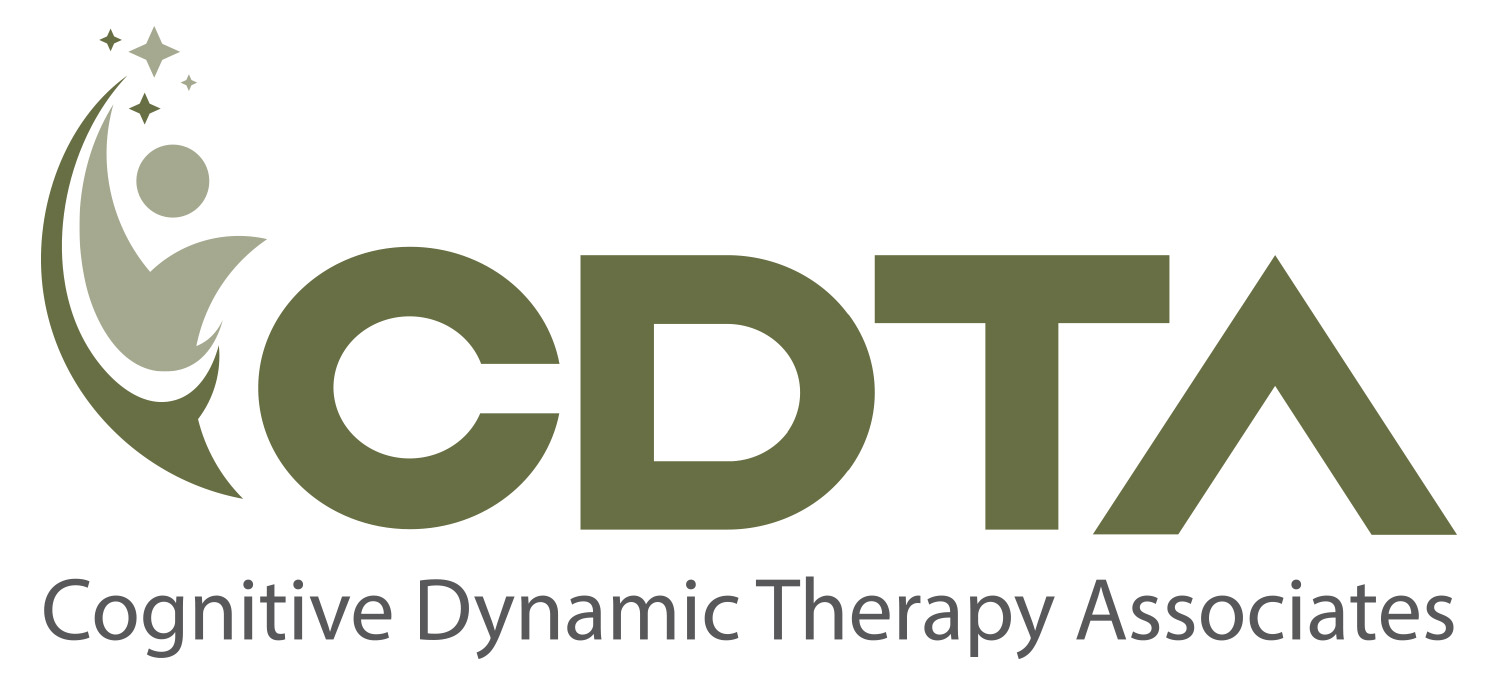Women’s Issues
We provide individual and couple/family counseling for postpartum issues, or any related illness or adjustment that come with becoming new parents.
We can schedule these appointments within twenty-four hours.
Even mothers having a second or third child can struggle. We also counsel and support couples who have infertility issues, miscarriages and any related pregnancy issues. Our services support the transitions of family and individual life cycle events, women with chronic illness, loss of libido, and encourage education for a healthier life.
Learning about depression and anxiety are helpful tools to to teach skills to feel better. We offer couples counseling workshops for other professionals, with a focus on advocating healthy sexuality.
Pregnancy, Post-Partum & Infertility
Are you having a new baby, and feeling sad instead of glad?
Are you worried about what will happen to your marriage after the baby comes?
The Baby Blues
Physical changes and personal challenges are an inevitable part of being pregnant and having a baby. You may feel happy and excited during this time of change, but you might also feel very worried, overwhelmed, frustrated, or sad. Regardless of how well prepared you were or how much you looked forward to your baby’s arrival, you may experience some unexpected highs and lows. Sometimes, in spite of help and support from family and friends, women may feel bewildered and concerned.
Over half of all new mothers get the “baby blues.” A few days after delivery, many feel sad, cranky, and worried. Most women feel better, however, within two weeks.
Post-Partum Depression
Post-partum depression is more serious than the baby blues, and it does not go away on its own. Instead, it is more likely to get worse if left untreated. About 8 to 12% of all new mothers get it during the first year or so.
Although post-partum depression affects women in different ways, some common symptoms include:
- sluggishness, fatigue, or exhaustion
- overconcern for the baby
- thoughts of hurting the baby or yourself
- difficulty focusing or remembering things
- feelings of guilt, inadequacy, or worthlessness
- appetite or sleep disturbances
- sadness, depression, hopelessness
- uncontrollable crying and irritability
A woman suffering from post-partum depression will usually experience more than one of these symptoms. These feelings can leave her feeling ashamed, guilty, and isolated.
Other Post-Partum Disorders
Instead of feeling depressed, some women may feel very anxious. In addition to intense anxiety or fear, post-partum anxiety and/or panic disorder involves rapid breathing, a fast heart rate, chest pain, shaking, dizziness, hot or cold flashes, or a sense of doom.
Post-partum obsessive compulsive disorder, on the other hand, is characterized by intrusive, repetitive thoughts (such as harming the baby), avoidance behavior (like avoiding the baby to alleviate these thoughts), anxiety, or depression. These thoughts can be very scary, and wholly out of character for the woman experiencing them.
Safe And Effective Treatment Options
Treatment for post-partum disorders varies, depending on the type and severity of your symptoms.
The good news is that all of those symptoms, from the mildest to the most severe, are treatable and temporary with professional support.
Reaching out for the proper help is essential to your recovery. There is no need to suffer in silence and “wait it out.” Ideally, a treatment plan should include the following steps:
- a medical evaluation, to eliminate physiological causes such as thyroid and other hormonal imbalances
- psychiatric evaluation
- psychotherapy with a skilled, caring professional
Please use our secure contact form below to contact Cognitive Dynamic Therapy Associates. To protect your confidentiality, all information is sent using an encrypted, secure, third party service.
